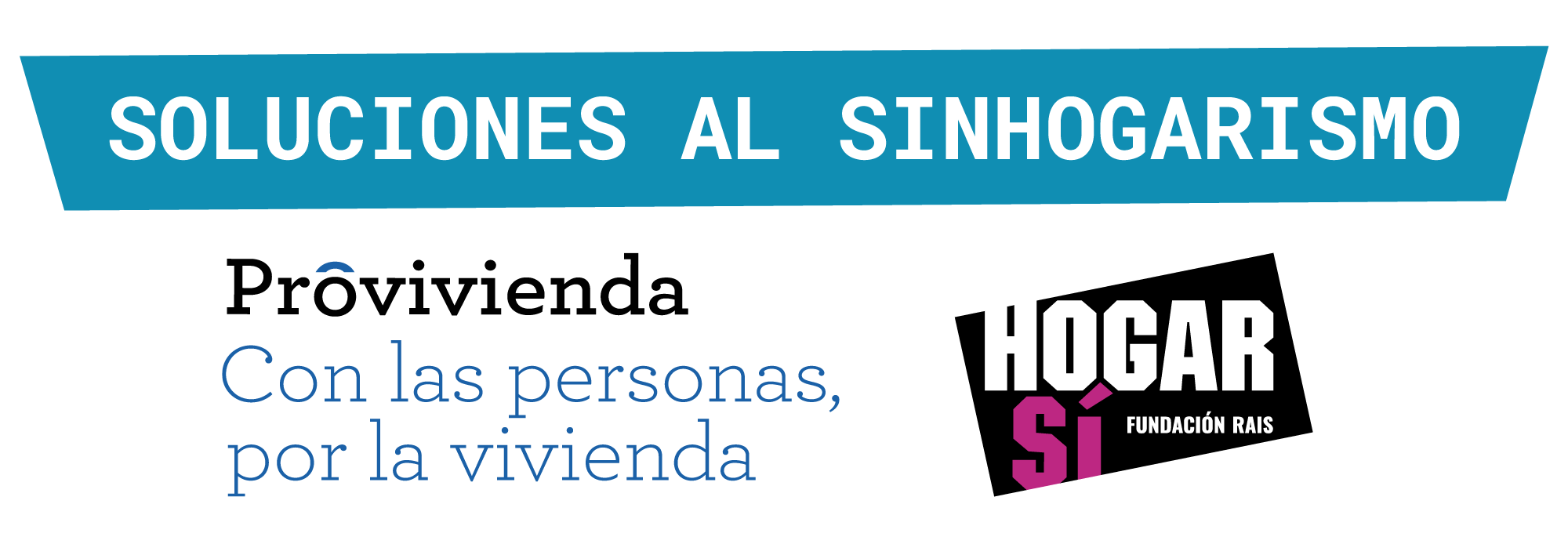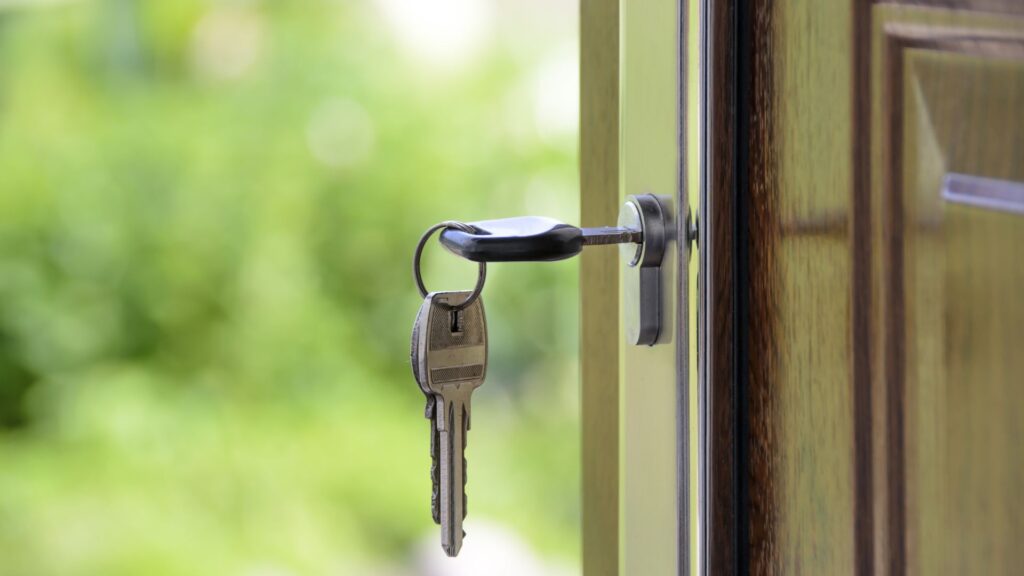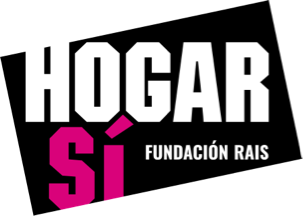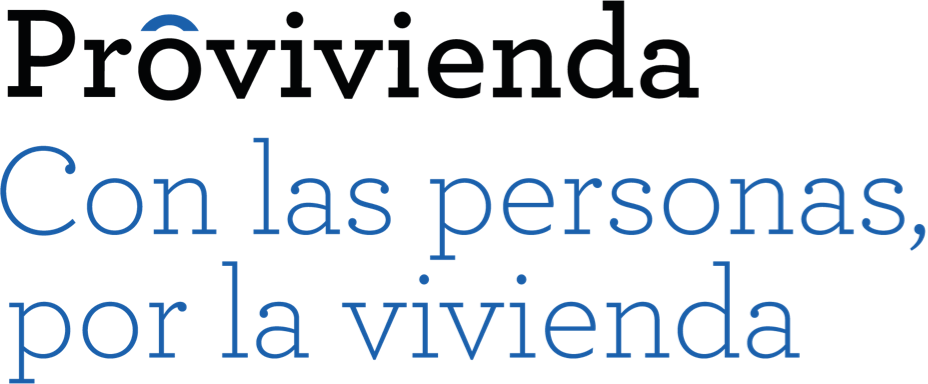"Courage and forward", that is the maxim of Toñi, who was born in Cartagena in 1970. Since she said goodbye to the program "Derechos a la vivienda", every morning at nine o'clock she opens her candy store.
In December 2022, Toñi entered the social innovation project Housing Rights of Provivienda and HOGAR SÍ, financed by the European Next Generation funds of the Recovery, Transformation and Resilience Plan, through the Ministry of Social Rights, Consumption and Agenda 2030, and in collaboration with 12 public administrations. Although she admits that at first she did not want to enter, she now looks back and proudly recalls her time in the program.
Toñi lived in substandard housing conditions. "She had almost no furniture, no heater, no refrigerator, the kitchen was broken and water was leaking everywhere. After being in this program, I was able to recover my house in good conditions. I feel very happy and calm," she explained.
In March 2024, she decided to prepare her autonomous exit plan from the project in order to continue her life, thanks to the efforts she made to obtain the Minimum Living Income (IMV) and a small candy store she opened in the neighborhood. Through the project Toñi also regained her self-esteem. "I was alone, with no desire to fight or to live, I entered the program and a month later I was a different person. I regained my enthusiasm. Now when I look in the mirror I see that I am a champion," she said. Before entering the program, Toñi's emotional health had deteriorated and the program was a fundamental recovery support for her emotional management.
For the Cartagena resident, the main support provided by the program has been the technical assistance, from requesting a medical appointment to beginning to rearrange her housing. She defended the relationship between her housing and mental health as one of the essential issues in recovering her life in the community. "Now I am my own boss, I am autonomous."
One of the keys to the innovation project has been the deinstitutionalization model, which prioritizes people's autonomy and places them at the center. Deinstitutionalization means moving from a model of care based on institutional care to a model of personalized community care, where people can choose where to live, and do so integrated into their community.
The existence of personalized support has also made it possible to focus each accompaniment on the context and needs of the participants. "Thanks to the Provivienda and HOGAR SÍ project, I have improved my situation. I have my own business and I met my goals, this was what I wanted for a long time," said Toñi as she said goodbye at the door of her candy store.
Toñi's story, like that of hundreds of people who have gone through the Housing Rights and H4Y FUTURE program during this time, demonstrates that accompanying people from their own decisions presents them with opportunities to build new paths towards an alternative future.






